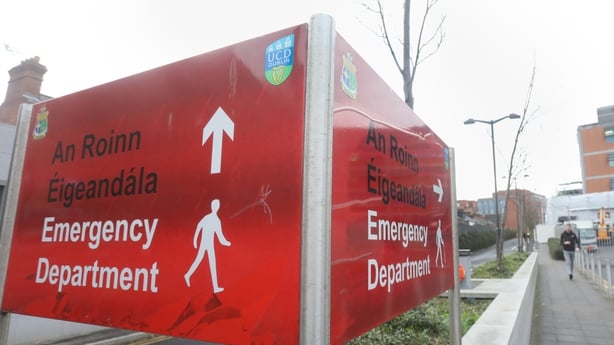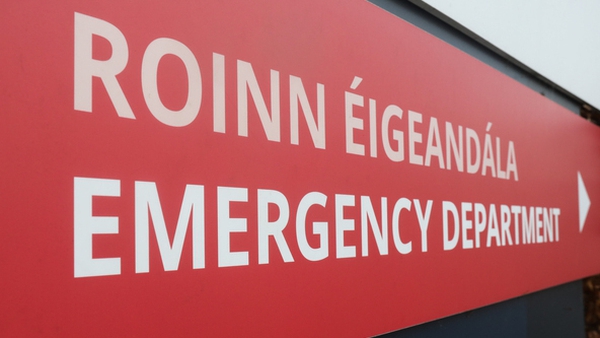The Mater Misericordiae University Hospital in Dublin has announced that it has become the first hospital in Ireland to use Artificial Intelligence (AI) across its radiology department.
The Mater said the new AI software has aided in the assessment of more than 15,600 patient scans, rapidly notifying radiologists of suspected haemorrhages and pulmonary emboli, reducing the time it takes to initiate life-saving treatments in the emergency department.
Since the software was introduced earlier this year, over 700 pathologies were correctly flagged by AI within two to three minutes of the scan being completed, with 500 intracranial haemorrhages and 200 pulmonary emboli being identified.
On out-patient scans, 50 pulmonary emboli were also flagged where the scans were being performed to assess other medical conditions.
The overall accuracy of the software in real Irish clinical practice has been deemed to be highly sensitive and specific, with an accuracy rate of more than 90%.
The screening platform operates on an 'always-on' basis, meaning it is constantly running in the background in order to analyse medical imaging data, flag urgent findings, and highlight cases that should be prioritised and brought to the immediate attention of consultants.
The Mater said the use of the software has significantly reduced report turnaround times, while also improving diagnostic accuracy and streamlining workflows.
The hospital said the software underwent rigorous scrutiny, verification and testing during a trial phase from April until August before the technology was fully deployed across the radiology department.
According to the Mater, the software is used to augment rather than replace the capabilities of radiologists at the hospital in emergency settings, with human scrutiny and verification still at the centre of reading the scans.

"Our experiences have underscored the tangible benefits of AI, notably in expediting critical diagnoses and reducing turnaround times by rapidly flagging anomalies detected in scans," said Mater Hospital Consultant Radiologist Professor Peter MacMahon.
"This allows radiologists to prioritise the reading of these results and verify their accuracy before deciding upon a further course of action," Professor MacMahon said.
The Mater Hospital has implemented four new technologies, including AI assistance on: CT pulmonary angiograms, incidental pulmonary embolism notification on CT scans, intracranial haemorrhage detection on CT head scans, and cervical spine fracture detection on CT C-Spine scans.
"The integration of AI at the Mater serves to enhance patient outcomes and add efficiencies which ensure our patients receive the best standard of care we can possibly offer," Alan Sharp, CEO of the Mater Hospital said.
The AI software used in the Mater Hospital is provided by Aidoc.
"This partnership exemplifies our commitment to improving healthcare delivery and impacting patient outcomes in Ireland," Mike Burns, Director of Sales for Aidoc in the UK and Ireland said.
Early next year, the Mater said it plans to trial further specialised AI tools, focusing on the analysis of bone and chest X-rays in the emergency department.





